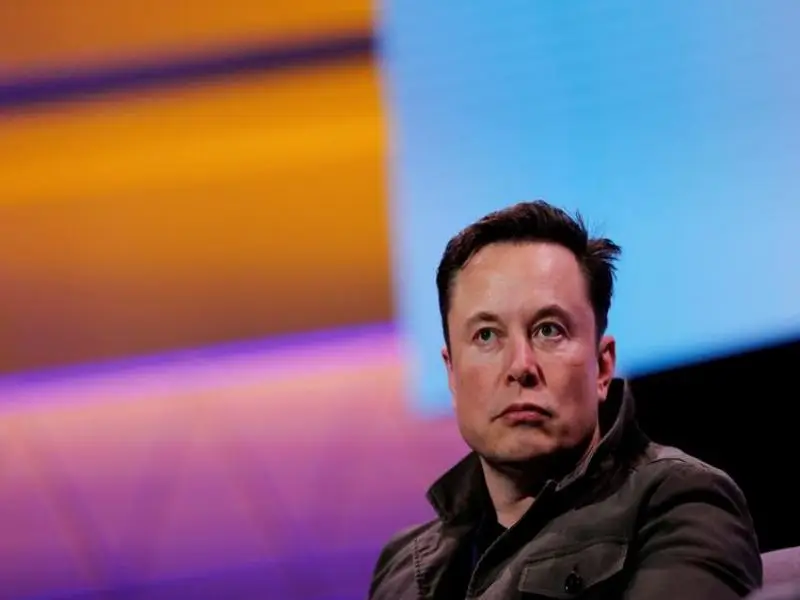- Elon Musk promises to develop a “superhuman” vision implant that could potentially provide blinds with light.
- While the vision is promising, researchers and experts in the field have voiced concerns about the potential dangers of this technology.
OUR TAKE
While innovation and technological advancement can bring benefits and exciting possibilities, it is crucial to approach the development of new technologies with caution and careful consideration of the realisability. Elon Musk’s vision for the future may be ambitious, but it also presents complex challenges that must be addressed thoughtfully and responsibly.
–Rebecca Xu, BTW reporter
What happened
Elon Musk has asserted that Neuralink, his brain-computer interface company, is developing a device capable of granting vision to the blind. In a March statement to his 190 million followers on the X platform, Musk declared the product’s name to be “Blindsight”. Musk stated the product is functional in monkeys, with initial basic resolution like early Nintendo games, but with the potential to surpass normal human vision.
However, according to psychology professor Ione Fine from the University of Washington, it was “a dangerous thing to say”. Fine collaborated on a paper released Monday in Scientific Reports, utilising models referred to as “virtual patients” to simulate the potential functionality of these implants. The paper suggests that the effects of innovative implants, such as those proposed by Musk, are likely constrained by human biology.
Fine stated that Musk’s concept was built on a flawed assumption that high-resolution vision could be achieved by embedding millions of minuscule electrodes into the visual cortex, the brain region responsible for processing information from the eye.
Also read: Portugal’s ambitious renewable energy targets: A vision for 2030
Also read: Musk delays robotaxi reveal to October 10 amid design changes
Why it’s important
Generating an image in the brain requires more than just stimulating individual cells as an implant can achieve. It also involves encoding a “neural code” that activates thousands of cells simultaneously. Based on current scientific achievements, scientists have not yet identified the correct neural code in blind individuals, which implies that the impact of implants will be limited.
As the technology progresses, it is crucial to engage in a comprehensive dialogue that includes researchers, policymakers, and the public to ensure that advancements in human enhancement are pursued responsibly. We must carefully consider the potential risks and limitations of such technologies, including possible unintended side effects, long-term health impacts, and the possibilities of misuse or abuse.
Musk’s superhuman vision promise, while ambitious, must be approached with caution. The potential dangers highlighted by researchers serve as a reminder that with great technological power comes great responsibility.

